Don’t let the growth slowdown persist

As expected, Bangladesh recorded its lowest economic growth in five quarters during the final quarter of the 2023-24 fiscal year, as the government implemented contractionary monetary and fiscal policies to address dwindling foreign exchange reserves and high inflation. According to the latest quarterly data published by Bangladesh Bureau of Statistics (BBS), GDP grew by only 3.91 percent from April to June this year.
This slowdown should not come as a surprise, given that the interim government inherited an economy devastated by the Awami League regime's corruption and mismanagement. In a recent interview, the Bangladesh Bank governor accused tycoons linked to the former administration of siphoning off $17 billion from the banking sector—a massive outflow that may be a global record for any country. Recovering from such severe setbacks will require substantial time and effort. Another important factor to consider is the mass data manipulation—including of GDP figures—under the previous regime, making comparisons with past data potentially misleading.
Nevertheless, if we look at the previous quarter, the GDP grew by 5.42 percent, down from the 6.12 percent announced by the previous government. This suggests that economic growth did suffer a significant setback. And that was primarily due to tightening monetary and fiscal policies to control inflation and prevent a further decline in our foreign reserves. However, beyond these measures, the government must address other bottlenecks driving high prices, such as possible market manipulation by syndicates, high transportation costs, supply chain constraints, and supply shortages. Simultaneously, it must work swiftly but judiciously to recover stolen assets siphoned abroad by AL-linked individuals, confiscate their domestic assets for resale, and renegotiate costly, one-sided deals with foreign entities. Such measures could boost foreign reserves and increase fiscal flexibility.
Reportedly, imports of raw materials declined by 15.9 percent in the last fiscal year, while imports of capital machinery fell by 23.86 percent. While some of this reduction may be linked to a decrease in illicit financial outflows, much of it points to declining economic activity, further evidenced by downturns across the service, agriculture, and industrial sectors over the past year.
It should be noted that part of this decline has been influenced by political instability, reduced business confidence, and decreased consumer spending. Therefore, while implementing structural reforms across various sectors, including the economy, the interim government must prioritise restoring political stability and business confidence. To achieve this, it should increase private sector engagement in its decision-making processes—including by potentially appointing an adviser from the private sector—to explore ways to boost economic activity in the short to medium term.

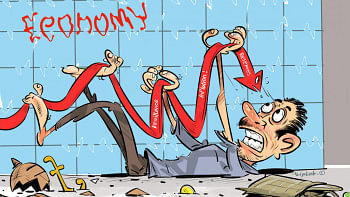
 For all latest news, follow The Daily Star's Google News channel.
For all latest news, follow The Daily Star's Google News channel. 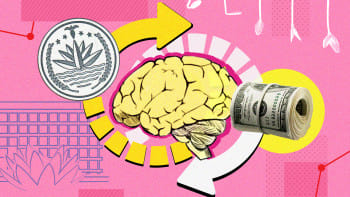
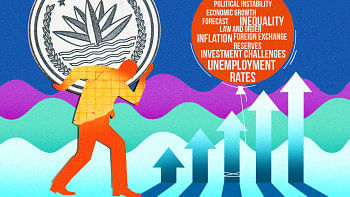
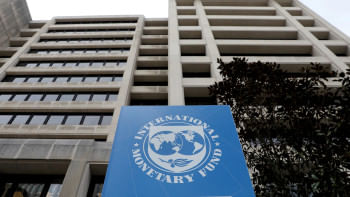



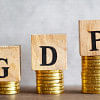





Comments